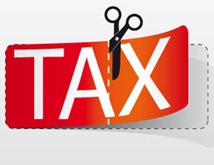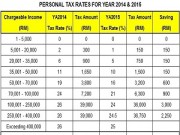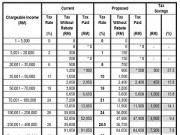
What is an Accounting Year End or Financial Year-End?
The accounting or financial year-end (FYE) marks the conclusion of your company’s accounting period. The Companies Act 2016 doesn’t specify when this should be, so it’s entirely up to the company to decide.
Rules for Financial Statements
- First Financial Period: Must not exceed 18 months from the incorporation date.
- Subsequent Periods: Financial statements must be prepared within 6 months after each FYE.
While the first accounting period can be extended to 18 months, most companies opt for December 31 or the end of a quarter (March 31, June 30, or September 30) as their FYE.
Tips for Choosing a Financial Year-End
Timing for New Companies
A new company can choose any FYE date as long as it falls within 18 months of incorporation.
- Recommendation: Set the first FYE within 12 months of incorporation.
- This allows directors and auditors ample time to prepare financial statements for submission.
- Avoid peak periods (December) to ease preparation.
Factors to Consider When Deciding Your FYE
- Business Cycle
- Align the FYE with your business’s natural cycle. For example:
- Inventory-heavy businesses might choose a quieter time, like after a busy season when inventory is low.
- This reduces costs, improves accuracy, and makes bookkeeping simpler.
- Align the FYE with your business’s natural cycle. For example:
- Tax Deadlines
- The FYE determines when your corporate taxes are due.
- Choosing a later FYE can give you more time to file and pay your taxes.
- Holding Company’s FYE
- If your company is a subsidiary, your FYE must match the holding company’s FYE within two years.
- If needed, you can apply for an exception under Section 247 of the Companies Act 2016.
- Special Agreements
- Some companies may have their FYE set by agreements like franchise or joint venture contracts.
Key Takeaway:
Choose a financial year-end that suits your business’s cycle, tax needs, and operational convenience. This thoughtful decision can save time, reduce costs, and optimize tax planning.






































